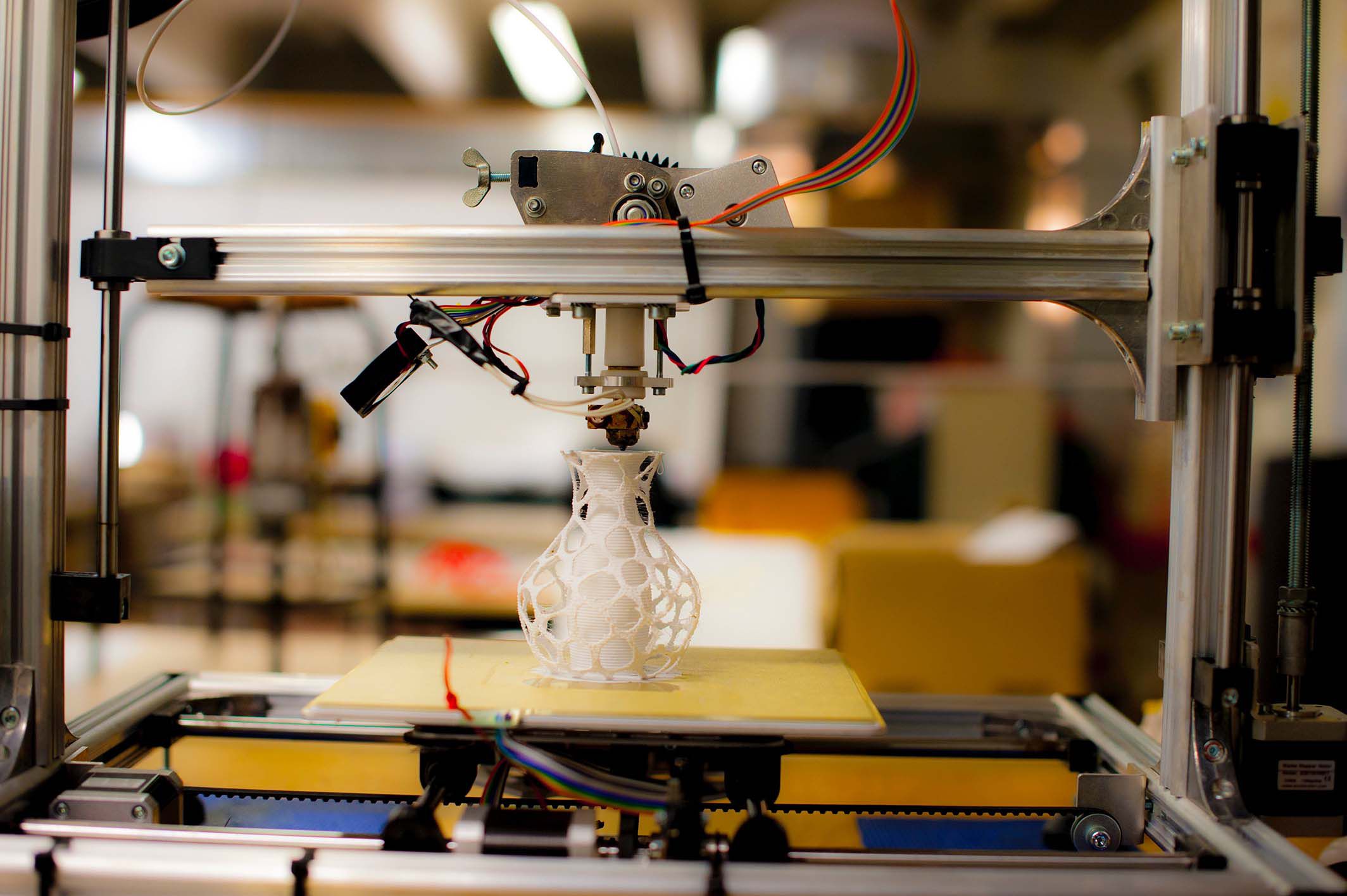As our world becomes more digitized and interconnected, the threat of cyber attacks is growing at an alarming rate. In 2020 alone, the FBI reported a 300% increase in reported cyber crimes. This has led to an urgent need for businesses and organizations to implement new and advanced security measures to protect against these threats. One of the most promising solutions is the development of digital immune systems.
What is a Digital Immune System?
A digital immune system is an advanced security system designed to detect, prevent, and respond to cyber attacks in real time. It works in much the same way as the human immune system, identifying and responding to potential threats before they have a chance to cause harm. This is achieved through the use of machine learning algorithms and artificial intelligence (AI) that can analyze vast amounts of data to identify patterns and anomalies that may indicate a security breach.
Why Do We Need Digital Immune Systems?
Traditional security measures such as firewalls and antivirus software are no longer enough to protect against the sophisticated cyber attacks of today. Hackers are constantly developing new and advanced techniques to bypass these defenses, making it increasingly difficult for businesses and organizations to keep up. Digital immune systems provide an additional layer of security, working alongside traditional measures to provide a comprehensive defense against cyber threats.
How Do Digital Immune Systems Work?
Digital immune systems work by analyzing vast amounts of data in real time to detect potential threats. This includes monitoring network traffic, user behavior, and system logs to identify any anomalies that may indicate a security breach. The system then uses machine learning algorithms and AI to analyze this data, looking for patterns and indicators of a cyber attack. Once a threat has been identified, the system can take immediate action to prevent it from causing harm. This may include quarantining infected machines, blocking traffic from suspicious IP addresses, and alerting security personnel to take further action.
Benefits of Digital Immune Systems
The benefits of digital immune systems are clear. They provide a more comprehensive and proactive approach to cybersecurity, enabling businesses and organizations to detect and respond to threats in real time. This can help to minimize the damage caused by cyber attacks, reducing downtime and preventing sensitive data from being compromised. Additionally, digital immune systems can help to reduce the workload of security personnel, enabling them to focus on more complex security tasks rather than constantly monitoring for potential threats.
Conclusion
As cyber attacks continue to grow in frequency and sophistication, the need for advanced security measures such as digital immune systems will only continue to increase. By providing a more proactive and comprehensive approach to cybersecurity, businesses and organizations can better protect themselves against these threats and minimize the potential damage. While no security system can provide complete protection against cyber attacks, digital immune systems represent a promising step forward in the fight against cybercrime.









